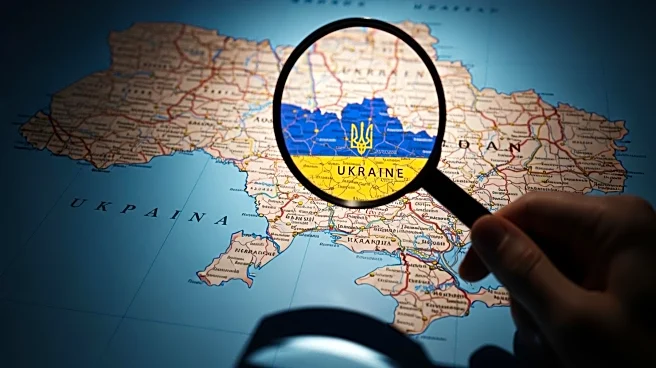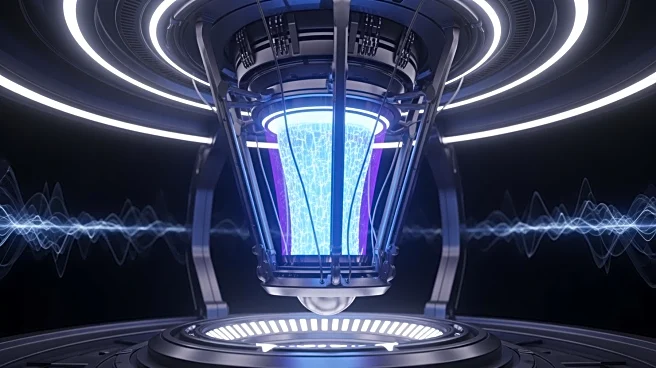What's Happening?
President Trump's assertion that Ukraine could regain all its territories with NATO and EU support has been met with skepticism from military experts and officials. While Trump suggests that European nations should take on more responsibility, analysts argue that a significant shift in NATO's response to Russia's invasion is unlikely. Ukrainian officials emphasize the need for advanced weaponry and technology to mount a successful offensive, but the current level of support from allies may not suffice for such a large-scale operation.
Why It's Important?
The skepticism surrounding Trump's claim highlights the complexities of the ongoing conflict and the challenges faced by Ukraine in reclaiming its territories. The potential shift in responsibility to European nations could alter the dynamics of international support and influence the strategic decisions of NATO allies. The debate over military aid and economic sanctions underscores the geopolitical tensions and the impact on global security and stability.
What's Next?
Future developments may include discussions among NATO members regarding their military commitments and strategies in response to Trump's statements. European nations might reassess their defense policies and consider increased military support for Ukraine. The U.S. may also face pressure to clarify its position and level of involvement in the conflict. Diplomatic negotiations and military planning will likely continue as stakeholders evaluate the potential consequences of Trump's remarks.
Beyond the Headlines
Trump's comments may have broader implications for international relations and the perception of U.S. leadership in global conflicts. The emphasis on European responsibility could lead to shifts in alliances and influence the strategic priorities of NATO. Additionally, the call for more aggressive actions against Russian incursions may impact the dynamics of military engagements and the stability of the region.









